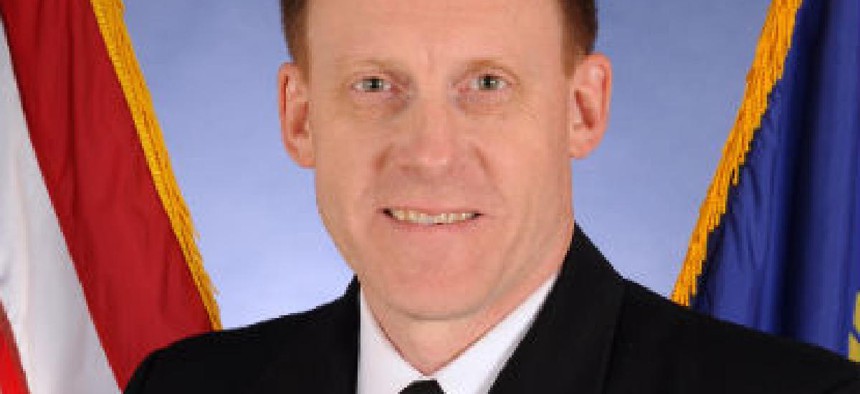NSA director predicts major cyberattack by 2025

Adm. Michael Rogers, leader of NSA and U.S. Cyber Command, testified on Capitol Hill on Nov. 20 about pending cybersecurity legislation.

A major cyberattack from a nation-state or rogue group will likely hit U.S. critical infrastructure networks before 2025, according to National Security Agency Director Adm. Michael Rogers.
"We see multiple nation-states and in some cases individuals and groups that have the capabilities to engage in this behavior," Rogers told the House Permanent Select Committee on Intelligence on Nov. 20.
Cybersecurity firm Mandiant reported last year that hackers linked to the Chinese government are targeting companies involved in energy, transportation and other critical sectors around the world, including many in the United States. Meanwhile, hackers backed by the Russian government have reportedly laced software used in U.S. critical infrastructure with malware.
Rogers said nation-states and other actors have done reconnaissance on U.S. critical infrastructure networks "in an attempt to ensure they understand our systems so that then if they choose to exploit the vulnerabilities within those control systems," they can.
The NSA director's appearance on Capitol Hill was the first major airtime for cybersecurity in a lame-duck session of Congress in which several bills are competing for attention with issues such as appropriations and defense authorization. A bill to facilitate information sharing on cybersecurity threats between the government and the private sector passed the House last year. Its counterpart in the Senate has yet to see a floor vote, though its sponsors -- Sens. Dianne Feinstein (D-Calif.) and Saxby Chambliss (R-Ga.) -- are eager to move it through the chamber.
Rogers, who also leads U.S. Cyber Command, said industrial control systems, which are essentially the nodes that keep critical infrastructure running, will be one of the big growth areas for cybersecurity threats in the coming year.
Absent international norms on cyber warfare, the government should embrace more offensive cyber capabilities, Rogers argued.
Rep. Mike Rogers (R-Mich.), chairman of the House intelligence committee, agreed with his namesake about the need for a more offensive posture in cyberspace.
"Chinese intelligence services that conduct these attacks have little fear because we have no practical deterrence to that theft," he said. "This problem is not going away until that changes."
The lawmaker, who is retiring at the end of this term, said last month that the intelligence community and law enforcement agencies do not have a common understanding of attack protocols in the event of a U.S. cyber offensive.
NEXT STORY: Israeli breakthrough and special ops RFI


